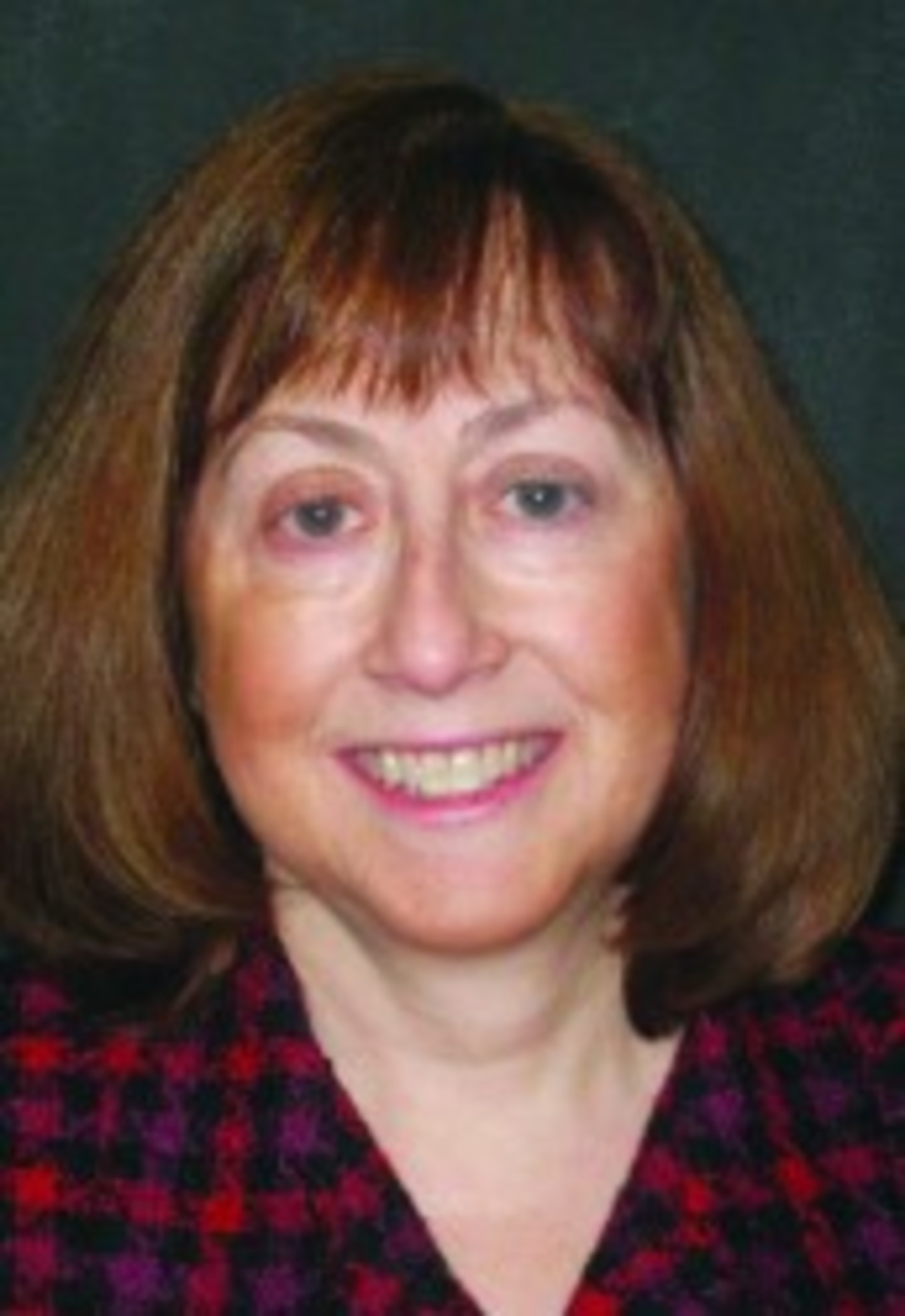Our personal seasons
The Boston Jewish Food conference last Sunday provided an opportunity to learn about food insecurity, food injustice and general issues surrounding food and community. A full day of workshops related modern day issues back to Jewish teaching, learning and tradition.
Food and community might be one of today’s hot button issues, but they’ve always been central to our Jewish tradition. Food brings people together, whether at Shabbat dinner or when welcoming a stranger with a plate of cookies or when we gather for our community event.
Who doesn’t have memories of a holiday table surrounded by friends and family? Many of us think of traditional foods that trigger a story or memory of a grandparent or older relative baking a particular treat or special dish for family gatherings. Again and again, we might lament that we never took the time to watch as that dish was prepared with love, the recipe lost as its owner is of blessed memory.
The opening session featured Rhode Island’s Rabbi Aaron Philmus of Temple Torat Yisrael, along with David Epstein, a Boston meteorologist and horticulturalist, and Leora Mallach, co-founder and director of Beantown Jewish Gardens, the group that organizes this annual conference. Together they discussed the question of what calendar cycle grounds us, from both personal and Jewish perspectives. As Mallach posed the question, she mentioned a number of cycles including a sun or moon cycle or a school year cycle.
Each speaker had a personal perspective on what makes a year. None really goes according to the traditional Jewish or secular calendar. To Philmus, the year flows according to a mixture of the Hebrew calendar, seasons and the cycle of his animals and the garden at his home next to Torat Yisrael in East Greenwich.
To Epstein, his calendar is focused on changing light, a meteorological perspective. The year begins with the least amount of light in December, he said.
And to Mallach, a new homeowner, her calendar focused on what she has done in the past year as she has taken ownership of her home and its land, thinking about how it interacts with her life directing Beantown Jewish Gardens.
This was a fascinating look at how we personalize a year. A calendar, whether Hebrew or secular, doesn’t necessarily define our personal cycle. The original calendar was based on seasons according to what happened in a place far from New England, so much of our personalization is based on where we live.
This really got me thinking about how my family calendar has come to be stamped in a unique way. When we were younger and childless, we lived according to work deadlines and vacations. With children, we added the school calendar to the cycle. Once the children were grown and no longer in school, I still marked the passing of the seasons when I saw school starting and ending in that way parents do when they transition to the next life stage.
We have many traditions that relate to food that have always included all family members, such as strawberry picking with its accompanying jam-making and apple-picking that usually results in everyone’s favorite pink apple sauce. Those mark late spring and early fall. We are still drawn to that cycle whether our now grown children participate or not.
Gardening is another tradition. Responsibilities have evolved, and now, if my husband is outside designing fabulous planters on our decks, it must be spring.
And he always plants herbs and tomatoes, so there’s food involved with all these traditions.
The idea of the life cycle was only one component of the Boston Jewish Food Conference. I came away with a lot of food for thought about food waste, recycling and composting, and community. Perhaps fodder for articles in future issues of the Voice.
For now, I’m going to take a little break and sit in the garden. We’ll see you in August!








